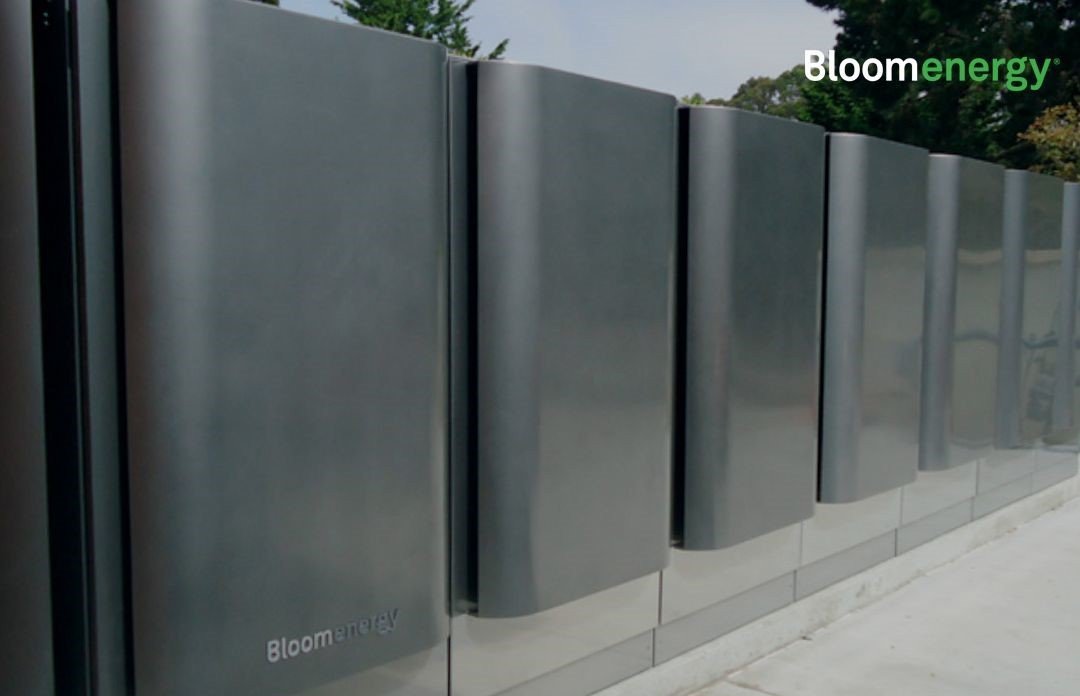
California-based Bloom Energy has recently entered into an agreement with Unimicron, a chip substrate and printed circuit board maker (PCB), to deploy up to 10MW of fuel cells at Unimicron plants in Taiwan. The installations will begin in 2023, and is said to be completed by 2026.
With this, Bloom Energy has deployed its solid oxide fuel-cell based 'Energy Server' in four Asian countries. The system can produce electricity from a variety of fuels without combustion, and can play an important role in Taiwan's decarbonization, according to the company.
"Bloom's superior energy technology capabilities are attractive to companies that need reliable power," said Tim Schweikert, Senior Managing Director, International Business Development, Bloom Energy.
"That is particularly true of semiconductor fabs, which must meet a global demand for their products that shows no signs of abating. Bloom's fuel-flexible platform can fill Unimicron's needs today, with fuels that are available now, and they can transition to renewable fuels and hydrogen as those sources become more widely available", he added.
Reliable and high-quality power is critical to manufacturing operations particularly in the semiconductor and PCB operations, because of the global demand for their products and the cost of electric power relative to their bottom line.
Bloom adds that the PCB manufacturing facilities are also carbon intensive. Taiwan has set ambitious decarbonization goals for its industries, and the company's solutions can play an important role in the country's decarbonization.
Bloom's energy platform can be configured to create a microgrid that can operate alongside an electricity grid, or independently of it. When powered by a fuel source with an underground pipeline system, such as natural gas, they are less susceptible to the impacts of extreme weather, enabling safe, continuous operation and avoiding the costly consequences of unplanned downtime.
The company's technology also enables customers to plan against price volatility by locking in a large portion of their electricity cost, with multiple financing options and flexible term lengths.
Bloom unveiled a multi-gigawatt manufacturing plant in Fremont, California in July 2022 to meet growing demand for its technology. The $200 million investment created a state-of-the-art facility followed the opening of a new research center and a global hydrogen development facility in Fremont.
In addition, Bloom added a high-volume commercial line for electrolyzers at its Newark, Delaware facility, increasing the company's electrolyzers generating capacity to two gigawatts.
RELATED: Bloom Energy builds 1 MW Solid Oxide Fuel Cell plant at Ferrari's Maranello facility
